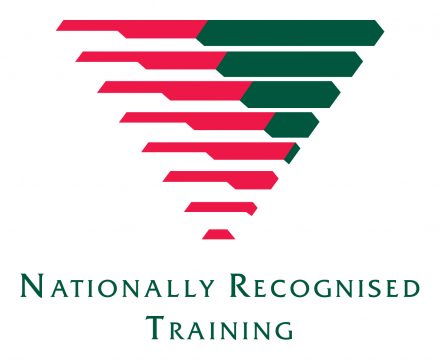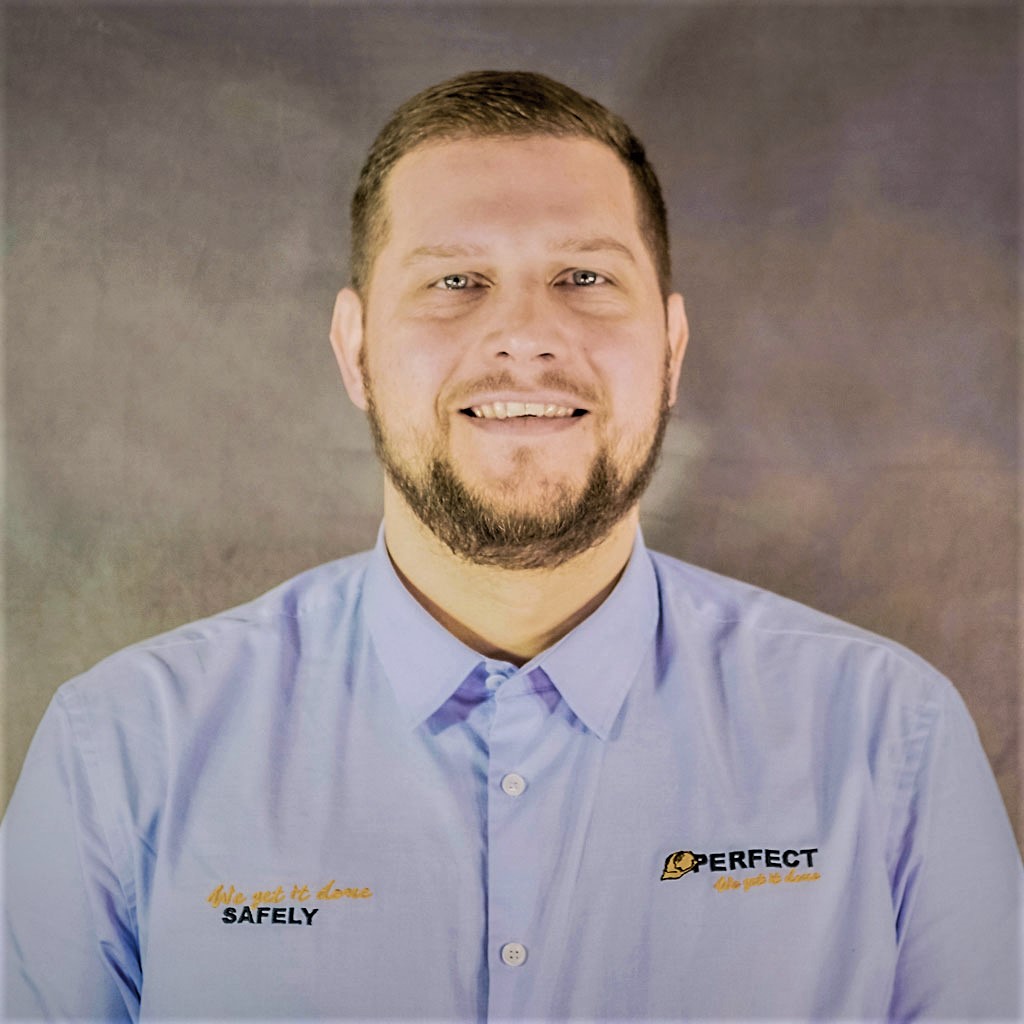Where Can I Complete Construction Tickets in Sydney?
- magda

by Daniel Green
Many moons ago the gentlemen of our fair industry were free to roam sites and jobs and operate any piece of equipment they saw fit. Fast forward a hundred years and now you need a ticket to have smoko. Regardless of how you feel about the situation, in construction in 2022 – you need qualifications.
But with scores of Registered Training Organisations about and hundreds of tickets, where do you even begin? Well, before we answer that we need to give some context to the qualifications themselves.
Read on.
What is a qualification?
According to the good fellows at Oxford, a qualification is a pass of an examination or an official completion of a course, especially one conferring status as a recognised practitioner of a profession or activity. In short – they give you training in skill and test it, and then, you pass or fail. The certificate or license the RTO provides is merely proof that you hold that skill.
In Australia, the Department of Education governs qualifications. This is the same government agency that runs our schooling system and is a federal division, meaning all qualifications are nationally standardised. This is so you can receive training in say Sydney and operate in say Darwin without major differences in the quality and detail of the training. Outside the school system, standardised training is classified as Nationally Recognised Training. As you’d expect it is heavily regulated with frequent audits on Registered Training Organisations, training materials, trainers, and students. All Australian NRT bears the following logo:
If your certificate doesn’t carry this logo then there’s a strong chance you haven’t been trained within the NRT system.

Potentially, your training is subpar.
Probably, Contraction sites across the nation won’t recognise your qualification.
Definitely, you don’t have permission to do the things your qualification says you can.
What’s the Difference Between NRT and non-NRT?
Standards. Nationally Recognised Training is measured against a national benchmark set out by the Dept. of Education after consultation with industry [the people who actually do that job]. There are many requirements to this but the main points are:
- An individual without certain criminal charges, most notable fraud has to own the Registered Training Organisation that delivers the course.
- The RTO must be deemed fit to deliver the course by the DOE.
- The training and assessment materials have to meet DOE standards.
- The trainer assessor has to hold a current Cert IV in training and assessing, the qualification itself, as well as 2 years industry experience working at heights within the last five years.
- The RTO has to have an appropriate environment to theoretically and practically train and examine students.
The alternative is non-NRT training:
- The Registered Training Organisation that delivers the course can be owned by anyone, regardless of any criminal charges. In fact, at this point it’s no longer an RTO – it is just a business.
- The RTO does not have to be deemed fit to deliver the course by the DOE.
- The training and assessment materials do not have to meet any standards.
- The trainer assessor does not have to hold a current Cert IV in training and assessing, the qualification itself, as well as 2 years of industry experience working at heights within the last five years.
- The business does not have to have an appropriate environment to theoretically and practically train and examine students.
This is because there’s no governing body for non-NRT businesses to answer to.
What Qualifications Should I Get?
That depends entirely on your industry, the next project your company is working on, your own career plans, and more.
If you’re a civil labourer and you want to be an operator, a popular plant ticket or two would be wise. One day there may be a chance to jump on a machine and being ticketed might just get you in the driver’s seat.
If you’re a bonded asbestos removal worker then perhaps a friable ticket would help, as well as confined space and working at heights tickets.
If you’re a demolition worker and you want to move up, a Cert IV in Demolition could be advantageous.
Overwise, If you’re an all-rounder and you’ve got the money then go all out: RIW ticket, TMO, Cat 1 Medical, EWP over and under, HR license, excavator.
Or, If you work for Perfect Hire and you’re a worker of the month they’ll give you a free ticket of your choice!
Where Do I Get Qualifications?
Nationally Recognised Training is only completed at Registered Training Organisations. As their name suggests, they’re registered with the federal government. Much like your car. This level of accountability is good because it ensures standards are adhered to.
Finding an RTO to offer the course you want is as easy as searching online. Let’s say you want to do a dogging course and you live in Camperdown. Simply google ‘dogging course Camperdown and you’ll get plenty of results. Visiting their website should provide some insight into how good an RTO they are. Perfect has used the following RTO’s in the past.
Additionally, Safe Work NSW has its own list of RTO’s. Here’s their list of Class A asbestos removal training providers: www.safework.nsw.gov.au/hazards-a-z/asbestos/training2/safework-approved-rtos-delivering-asbestos-training
Is non-NRT bad?
Not always but it depends on the course and what you’re trying to achieve. If your aim is to operate a 30t excavator then you really ought to steer clear of non-NRT. In fact, you really ought to steer clear of anyone but the best training you can find. If however, your aim is to simply have a bit more knowledge on say welding techniques, then perhaps John’s Welding Course run by John from his home shed will be enough. You could never take that training and then go off to weld pressure vessels in the high seas off the Antarctic, but you may learn a thing or two.
Perfect actually run our own in-house training on using basic manual/power tools for inexperienced workers. The course and training materials are not what the Dept. of Education standards need, but it is far more detailed than any other course we’ve come across. It also suits us because a] we can run it anytime we want and b] we can train workers on the tools and techniques we use. The workers will gain some insight into Perfect, our attitude, our tools, our operational systems, PPE, and so on. The students can’t use the certificate to prove they’ve been trained to a national standard in the use of manual/power tools but it is advantageous for both us and them.
What’s TAFE?
Just another RTO. It stands for Tertiary And Further Education. Many years ago, TAFE was the only RTO until the training industry was decentralised. This allowed in fresh blood, new ideas, and most importantly – competition. TAFE is as good or as worse as any other RTO.
How Long Does a Qualification Last?
It depends on the qualification. Some, like mobile plant tickets, last a lifetime. Others, like High-Risk qualifications such as dogging and rigging, will require financially renewing of the licence every five years. There is no auditing of your skills during this process though, no refresher course. Confined space needs a refresher course every two years.
In Conclusion
So there you have it. Almost everything there is to know









